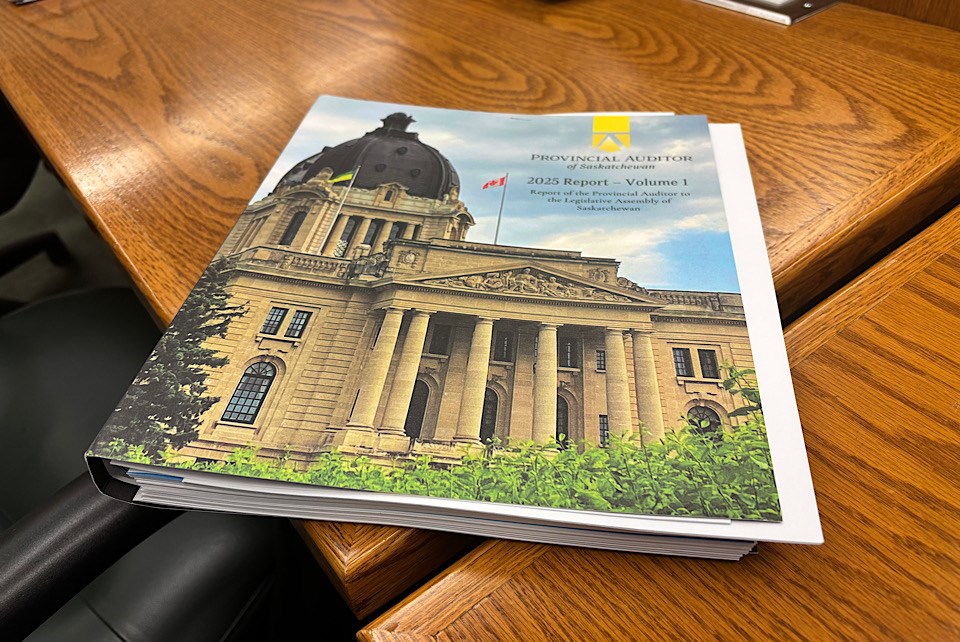REGINA - The way the Ministry of Justice and Attorney General funds transition spaces for those leaving interpersonal violence was a major focus in the 2025 Provincial Auditor’s report - Volume 1.
Provincial Auditor Tara Clemett made several recommendations in her report released Tuesday at the Legislature. Her report findings raised concerns that funding for transition and second state housing was not based on actual numbers of survivors of interpersonal violence who were served, and she also raised the need for the Ministry to inspect transition houses to confirm survivors are provided safe and supportive housing there.
It was noted the Ministry provided $7.4 million to 12 transition houses, and $328,000 to seven second-stage houses in 2023-24. But her report noted that funding between individual transition houses was not the same.
Clemett said they found “funding levels differed between transition houses across the province, and the Ministry could not explain why by rationalizing its funding levels.”
As an example, Clemett said found two Ministry-funded transition houses in different areas of Saskatchewan with equal bed numbers, but the funding differed by over $200,000 in 2024-25.
"Funding levels were not based on the extent of survivors served. The Ministry's lack of analysis means it may be over-funding some spaces while others struggle to meet survivor needs. This is not an effective allocation of resources.”
Clemett also noted the ministry does not periodically inspect transition houses to “assess whether they meet established requirements or verify periodic criminal record checks exist for staff working in transition and second-stage houses.” She pointed out those inspections could make sure they have crucial security measures, provide appropriate sleeping accommodations, and proper training for their staff.
Staff training was also an issue raised by the Provincial Auditor.
“We found the Ministry expects staff at transition houses to receive training on trauma- informed care, as outlined in funding agreements, but only one of the 12 transition houses reported completing such training.”
Clemett said they also found one instance of a transition house employee not having a criminal record check on file. She called on the ministry to verify periodic criminal record checks exist for staff working in transition and second-stage houses. She also raised concern that Ministry staff did not take note of whether the transition houses met the requirements.
“Not having Ministry staff physically observing whether transition houses meet established requirements and deliver proper services increases the risk that transition houses are not providing survivors with safe, supportive housing options.”The last point Clemett made was that the ministry had yet to determine and analyze key performance information from transition houses that could address performance shortfalls or identify specific needs in a community.
“For example, we expected each transition house to report the number of survivors helped and case plans created, the extent of services provided, and the number of turn-aways -- that is the number of people who came to a transition house for help but were turned away,” said Clemett. “The key information was not provided by all transition houses.”
She said their analysis found 18 per cent of turn-aways between April 2023 and March 2024 had resulted from capacity issues.
“Effectively supporting survivors leaving interpersonal violence through transition housing helps them to access safe, appropriate shelter and support services and live free from abuse.”
When pressed by reporters on what should be done to address the difference in funding, Clemett said the audit implied that there “needs to be almost more logic and rationale to the funding that they are providing to those transition houses.”
“So, one mechanism might be, often we find funding when it comes to the government environment is very service-related, so obviously the more services a service provider is providing, obviously the more funding they often get. So that might be one mechanism.”




